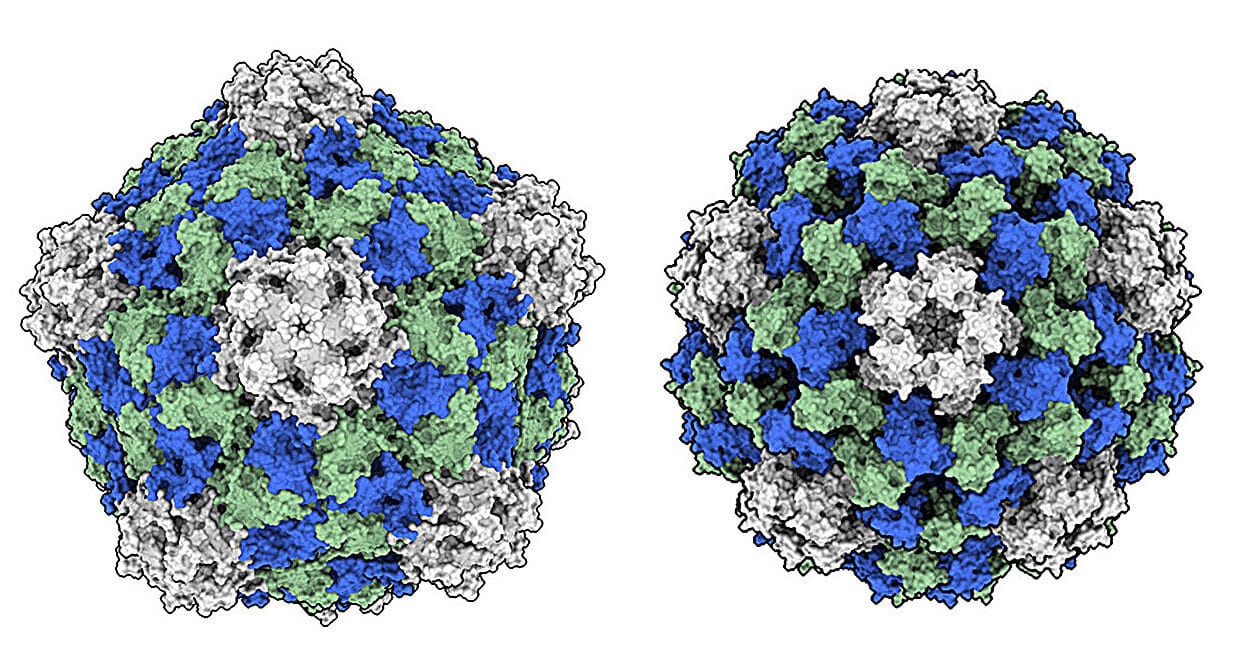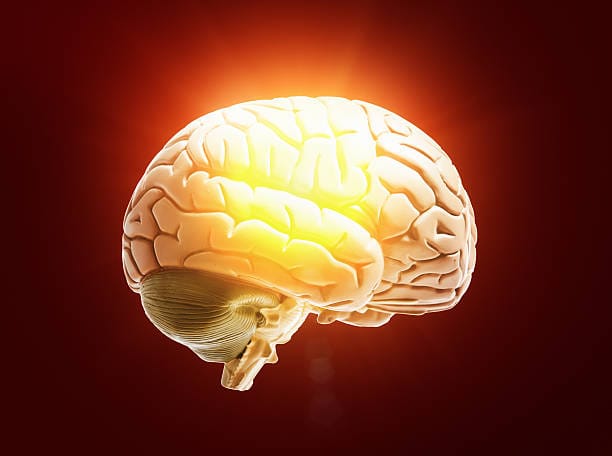Drinking coffee has long been associated with a number of health effects, both positive and negative. It’s a common part of the daily routine for many people, whether for its comforting taste or the jolt of energy it provides in the morning. But new research is highlighting not just the benefits of coffee, but also the critical role that timing plays in how coffee affects our health. A study published in the European Heart Journal reveals that people who drink coffee in the morning have a lower risk of dying from cardiovascular disease, as well as a lower overall mortality risk compared to those who drink coffee throughout the day. This finding opens up a new area of consideration when it comes to consuming this popular beverage: the time at which it’s consumed may be just as important as how much is consumed.
The study was led by Dr. Lu Qi, a distinguished professor at the Celia Scott Weatherhead School of Public Health and Tropical Medicine at Tulane University in New Orleans, USA. Dr. Qi, a prominent researcher in the field of nutrition and health, emphasized that previous research has indicated that coffee consumption does not raise the risk of cardiovascular disease and may actually lower the risk of certain chronic conditions, such as type 2 diabetes. However, Dr. Qi and his team wanted to investigate whether the timing of coffee consumption had any impact on cardiovascular health, taking into account the known effects of caffeine on the body. Given that coffee is consumed by millions of people worldwide, examining this aspect could have wide-reaching implications for public health.
To answer this question, the study tracked 40,725 adults who participated in the U.S. National Health and Nutrition Examination Survey (NHANES) between 1999 and 2018. Participants were asked about the foods and beverages they consumed over the course of at least one day, and in a subgroup of 1,463 people, they were asked to complete a detailed food and drink diary for an entire week. In addition to this information, the researchers linked the consumption patterns with records of death and the causes of death over a period of nine to ten years. This long-term data allowed for a comprehensive analysis of the relationships between coffee drinking, the timing of consumption, and mortality risks.
The study found that about 36% of the participants were “morning coffee drinkers,” meaning they primarily drank coffee before noon. Another 16% of participants drank coffee throughout the day—morning, afternoon, and evening—while the remaining 48% were non-coffee drinkers. The results were striking: compared to non-coffee drinkers, those who drank coffee in the morning were 16% less likely to die from any cause, and 31% less likely to die from cardiovascular disease. This protective effect was evident even among those who drank multiple cups of coffee in the morning—whether two to three cups or more than three. Light morning coffee drinkers (those who consumed one cup or less) did experience benefits, but the decrease in risk was smaller compared to heavier coffee drinkers. In contrast, those who drank coffee throughout the day did not show any reduction in overall or cardiovascular disease mortality risk when compared to non-coffee drinkers.
Dr. Qi noted that this study is the first to explore how the timing of coffee drinking affects health outcomes. The findings suggest that it isn’t just the quantity of coffee consumed, but also when it’s consumed that matters. “We don’t typically give advice about timing in our dietary guidelines, but perhaps we should be thinking about this in the future,” he said. While the study doesn’t provide a definitive explanation for the observed health benefits of morning coffee consumption, Dr. Qi speculated that drinking coffee in the afternoon or evening could disrupt our body’s natural rhythms, especially the circadian cycle. Such disruptions may interfere with hormone levels, like melatonin, which regulates sleep, and could lead to changes in cardiovascular risk factors like blood pressure and inflammation.
Coffee is known to influence the body’s sympathetic nervous system, which controls the “fight or flight” response. The sympathetic activity rises in the morning when people wake up and decreases throughout the day. Consuming coffee during the day—especially in the afternoon or evening—may interfere with these natural cycles, affecting sleep patterns and increasing the likelihood of sleep disturbances. Dr. Qi’s team speculates that this disruption could potentially lead to higher cardiovascular risk factors, explaining why morning coffee drinkers enjoy lower mortality risks.
To confirm these findings, Dr. Qi emphasized the need for further studies, particularly clinical trials, to determine the effects of adjusting the timing of coffee consumption on heart health. While this study contributes valuable information, scientists must conduct trials that specifically test the impact of changing coffee consumption times.
An editorial accompanying the study, written by Professor Thomas F. Lüscher from the Royal Brompton and Harefield Hospitals in London, UK, further elaborates on the timing hypothesis. He noted that coffee consumption in the morning may align with the natural increase in sympathetic activity that occurs after waking, promoting healthy circulation and heart function. In contrast, drinking coffee later in the day could overstimulate the sympathetic system, leading to disruptions in normal heart function and potentially contributing to heart-related issues over time.
Lüscher explained that coffee has been shown to suppress melatonin, a hormone crucial for sleep, especially when consumed in the afternoon or evening. As a result, all-day coffee drinkers are more likely to experience sleep disturbances, which could increase their risk for cardiovascular events. Since sleep is integral to maintaining healthy heart function and regulating blood pressure, the timing of coffee intake could play a role in promoting better health outcomes.
These findings align with a growing body of evidence suggesting that coffee, particularly when consumed in the morning, offers potential cardiovascular benefits. Regular moderate coffee consumption has been linked to lower risks of heart disease, strokes, and even certain types of cancer. A better understanding of how the timing of coffee drinking affects health could provide new avenues for public health guidance, giving people another way to optimize their coffee habits for maximum benefit.
This study is a reminder that, when it comes to health, the details matter. While coffee consumption itself offers several positive effects, including a reduced risk of chronic diseases and potential life-extending benefits, how and when you consume it could make a difference. Coffee in the morning, it seems, could offer more than just a quick pick-me-up—it may also help protect your heart, reducing the risk of cardiovascular disease and improving overall longevity.
As coffee continues to be a cornerstone of modern-day social life and culture, it’s encouraging to know that, when consumed mindfully and at the right time, it could be more than just a morning ritual. For those looking to get the most out of their coffee, it may be wise to enjoy it in the morning hours, aligning with our body’s natural rhythms and helping to reduce long-term health risks. Drink your coffee, but perhaps in the morning—your heart might thank you for it.
Reference: Lu Qi et al, Coffee drinking timing and mortality in US adults, European Heart Journal (2024). DOI: 10.1093/eurheartj/ehae871






